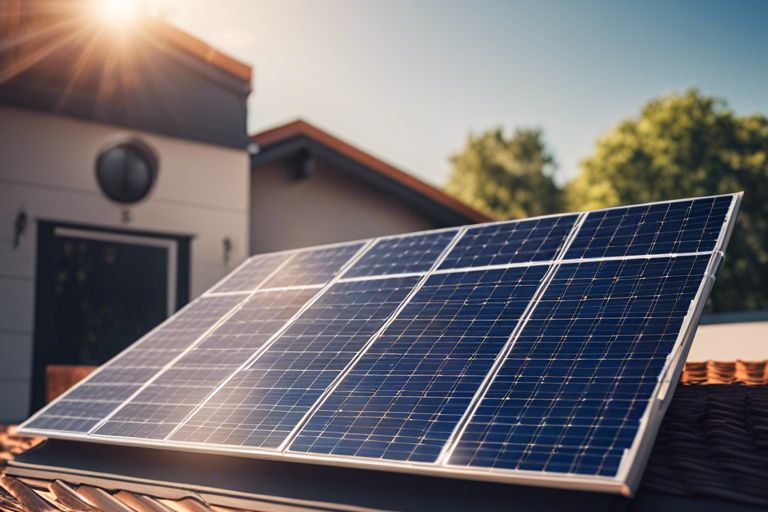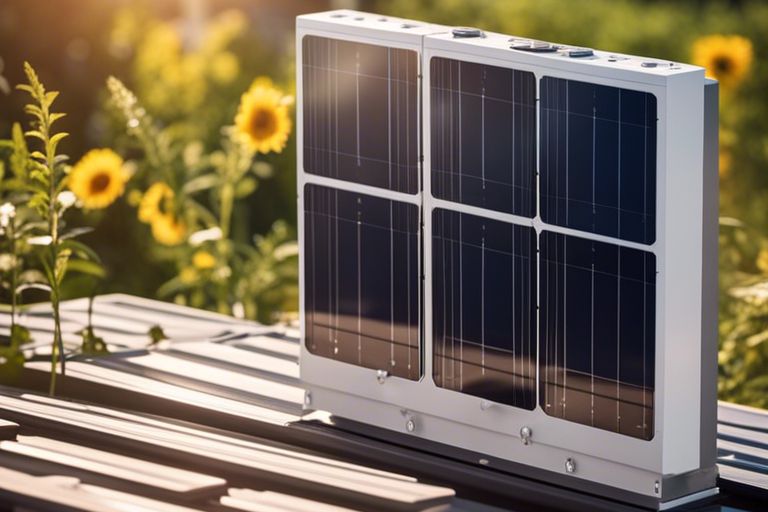How much do solar panel batteries cost
Curious about the cost of solar panel batteries for your home’s energy needs? Investing in solar technology can be a wise decision for both your wallet and the environment. When
Energy for A Greener Future
Solar Panel Batteries

Curious about the cost of solar panel batteries for your home’s energy needs? Investing in solar technology can be a wise decision for both your wallet and the environment. When

Solar, with its brilliant technology harnessing power from the sun, illuminates the path towards a greener future. You may wonder – can a solar panel operate independently, devoid of a

Solar batteries are an vital component of a solar power system, allowing you to store excess energy generated during the day for use at night or during cloudy days. If

There’s a question on your mind that many homeowners are pondering: Is solar with a battery worth it? As you weigh the decision to invest in solar panels with a

Overwhelmed by the thought of how many batteries are required for a 3000 watt solar system? Let’s simplify it for you. To power a 3000 watt inverter, you’ll typically need